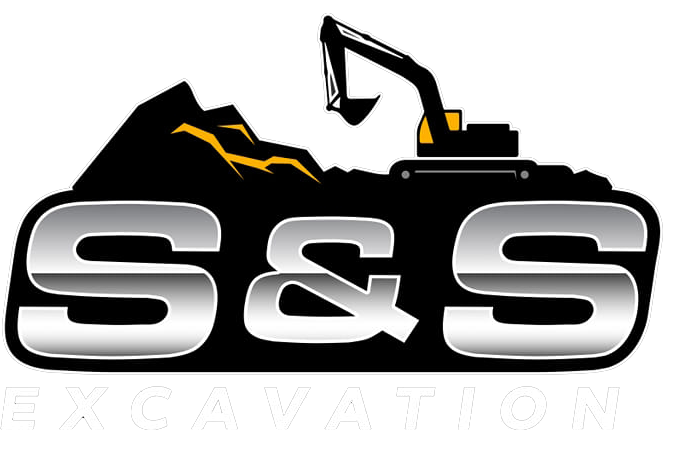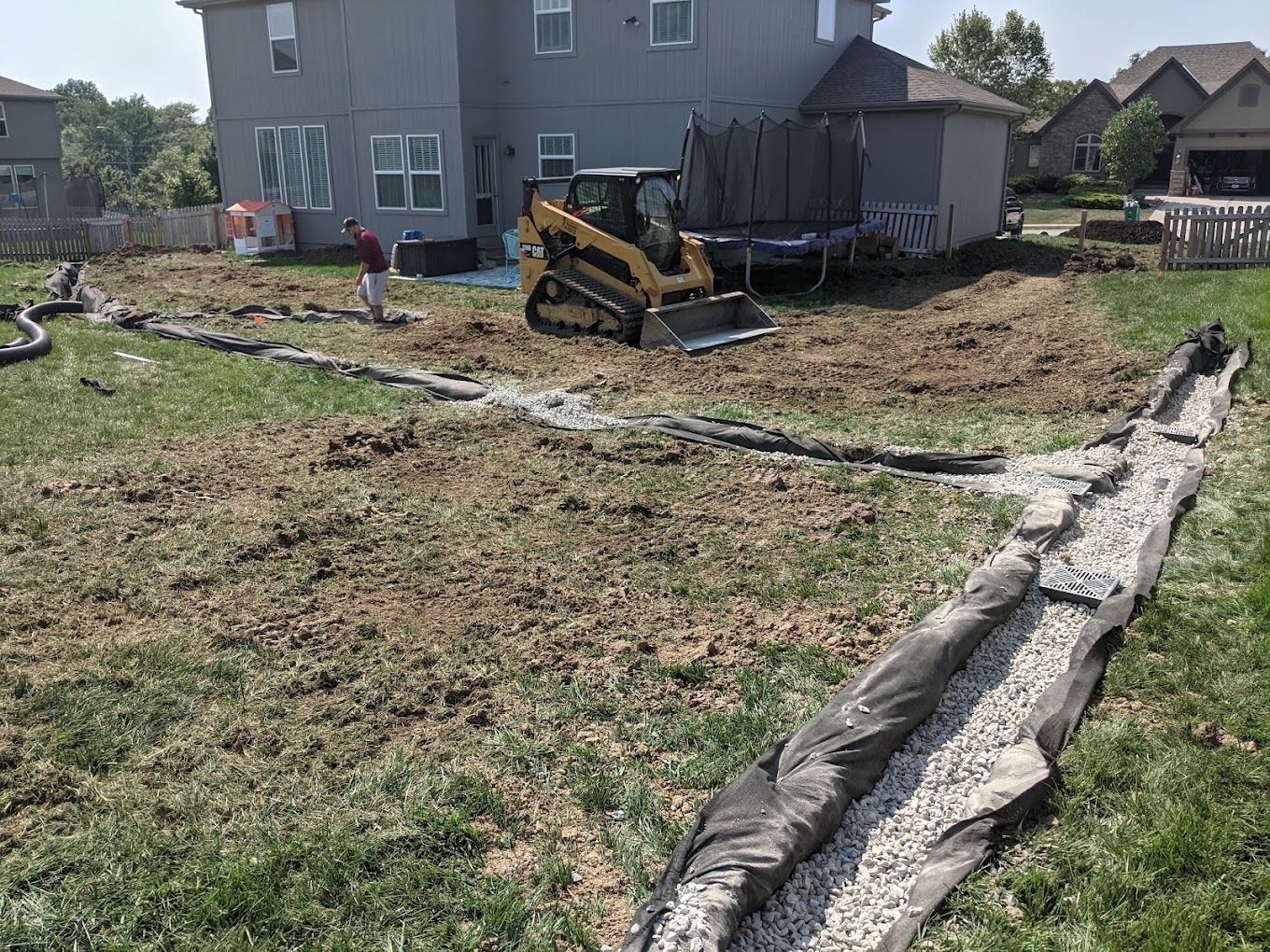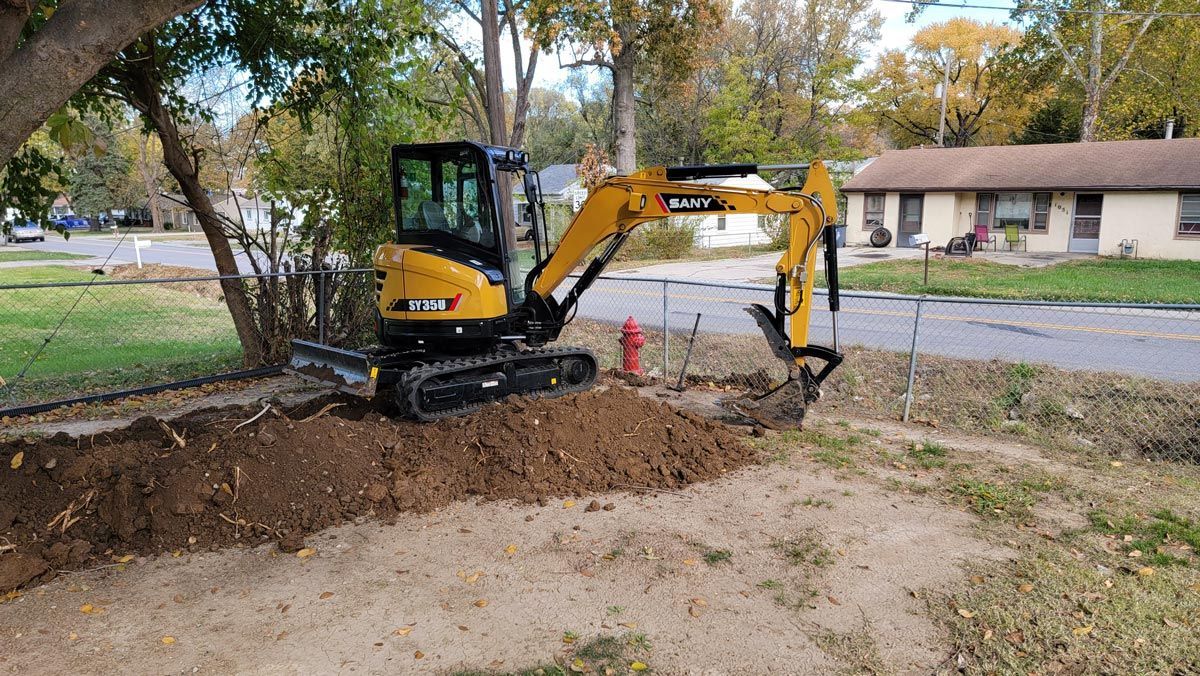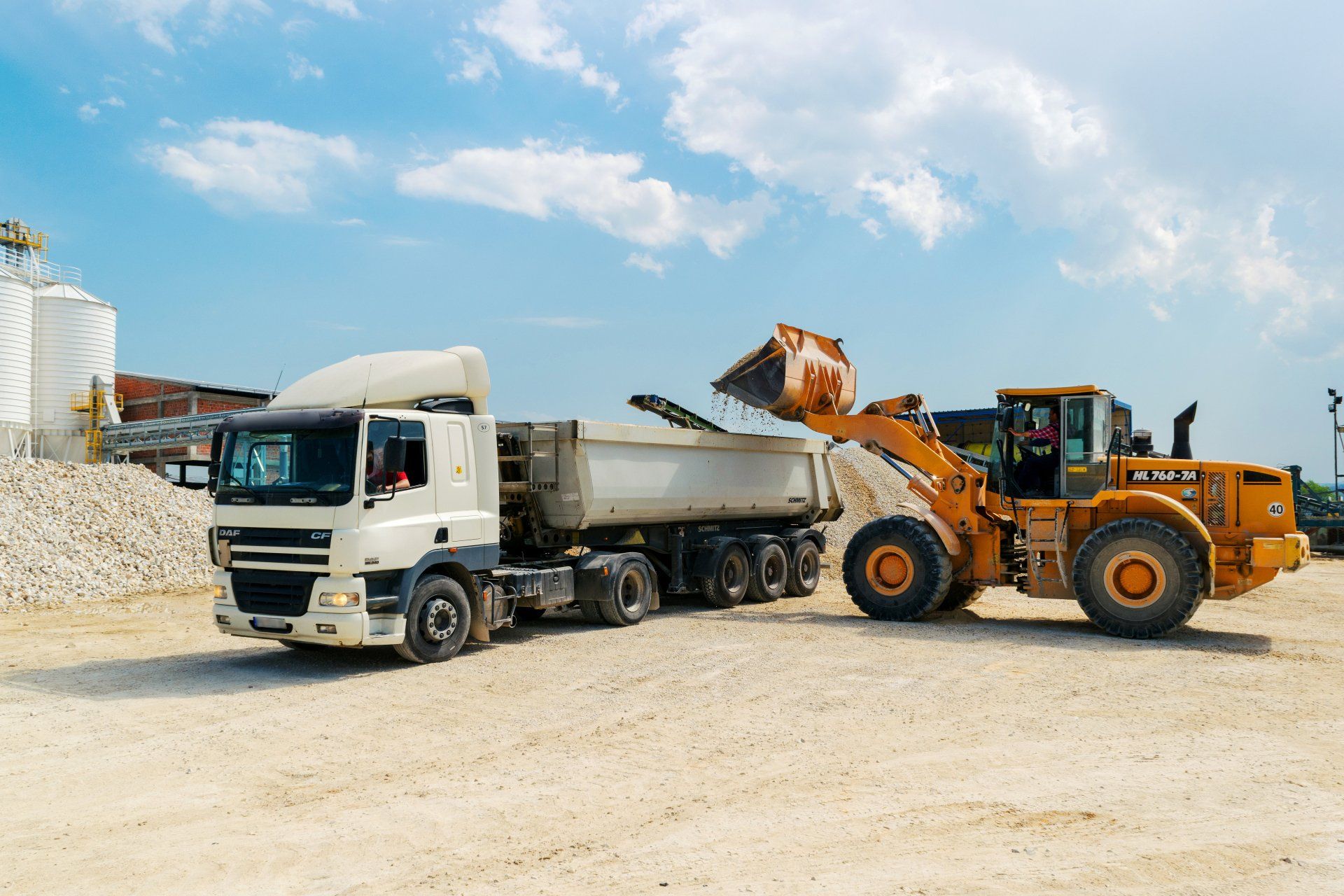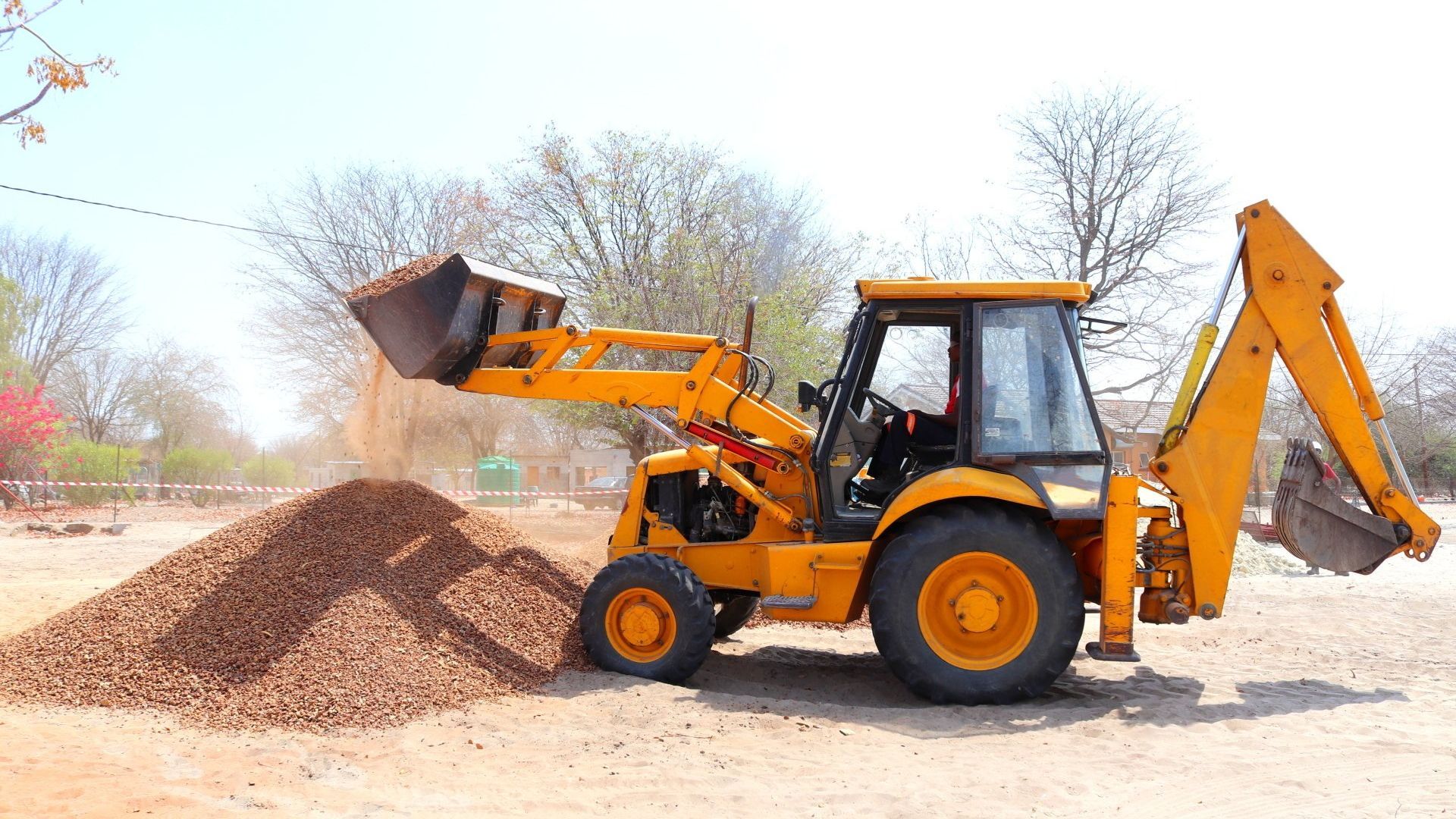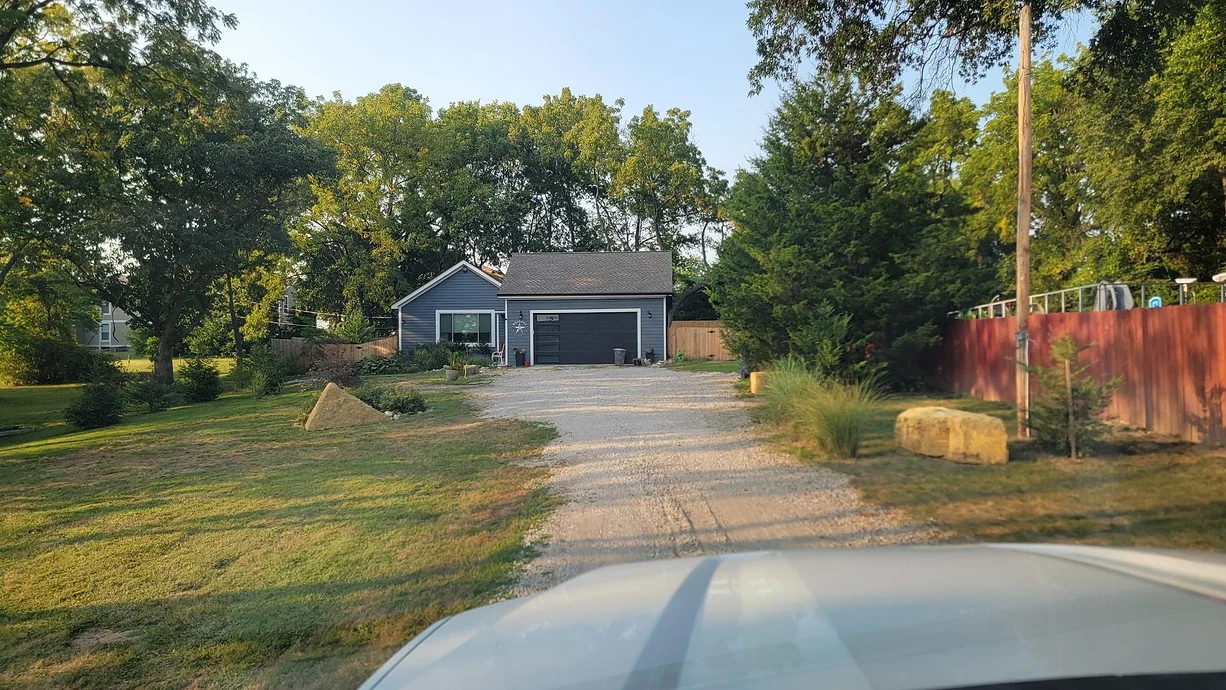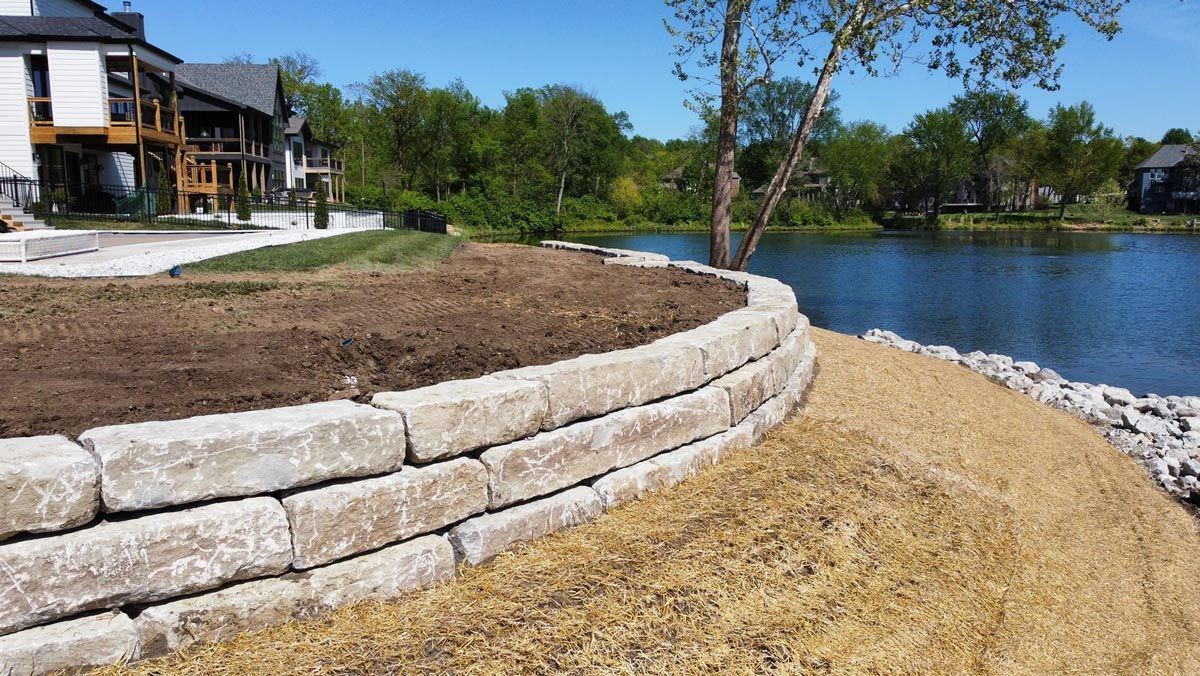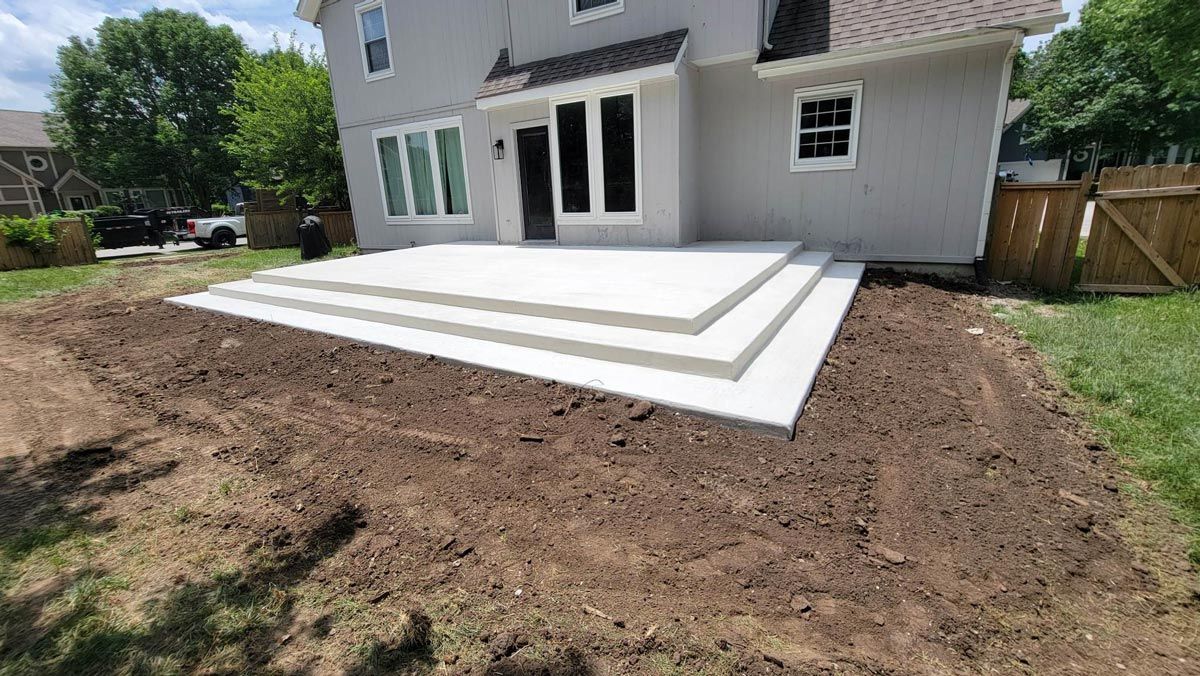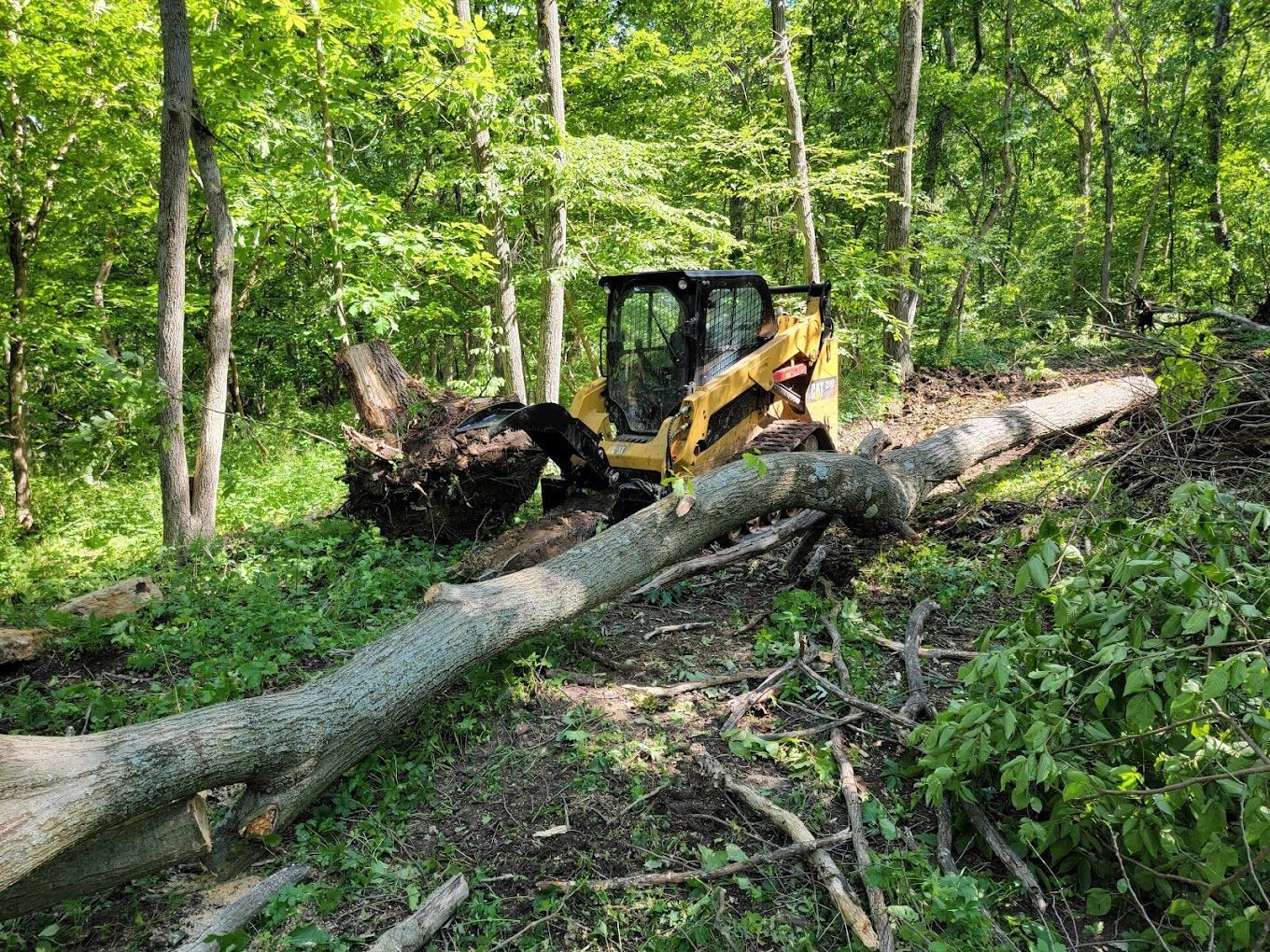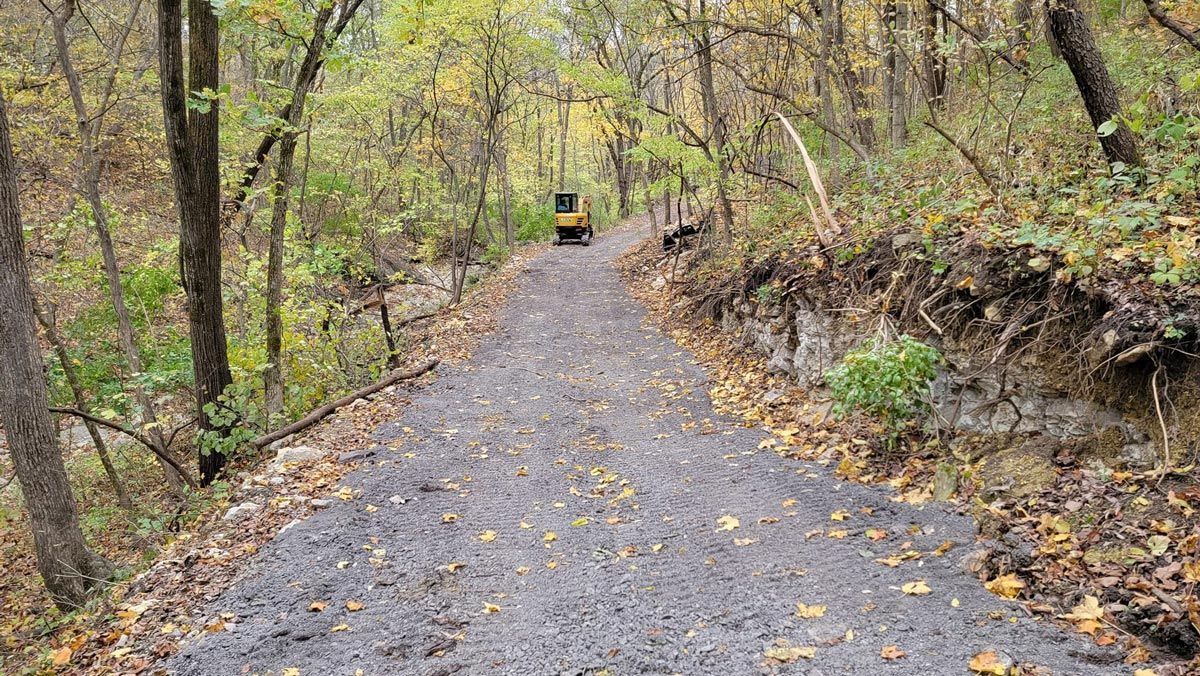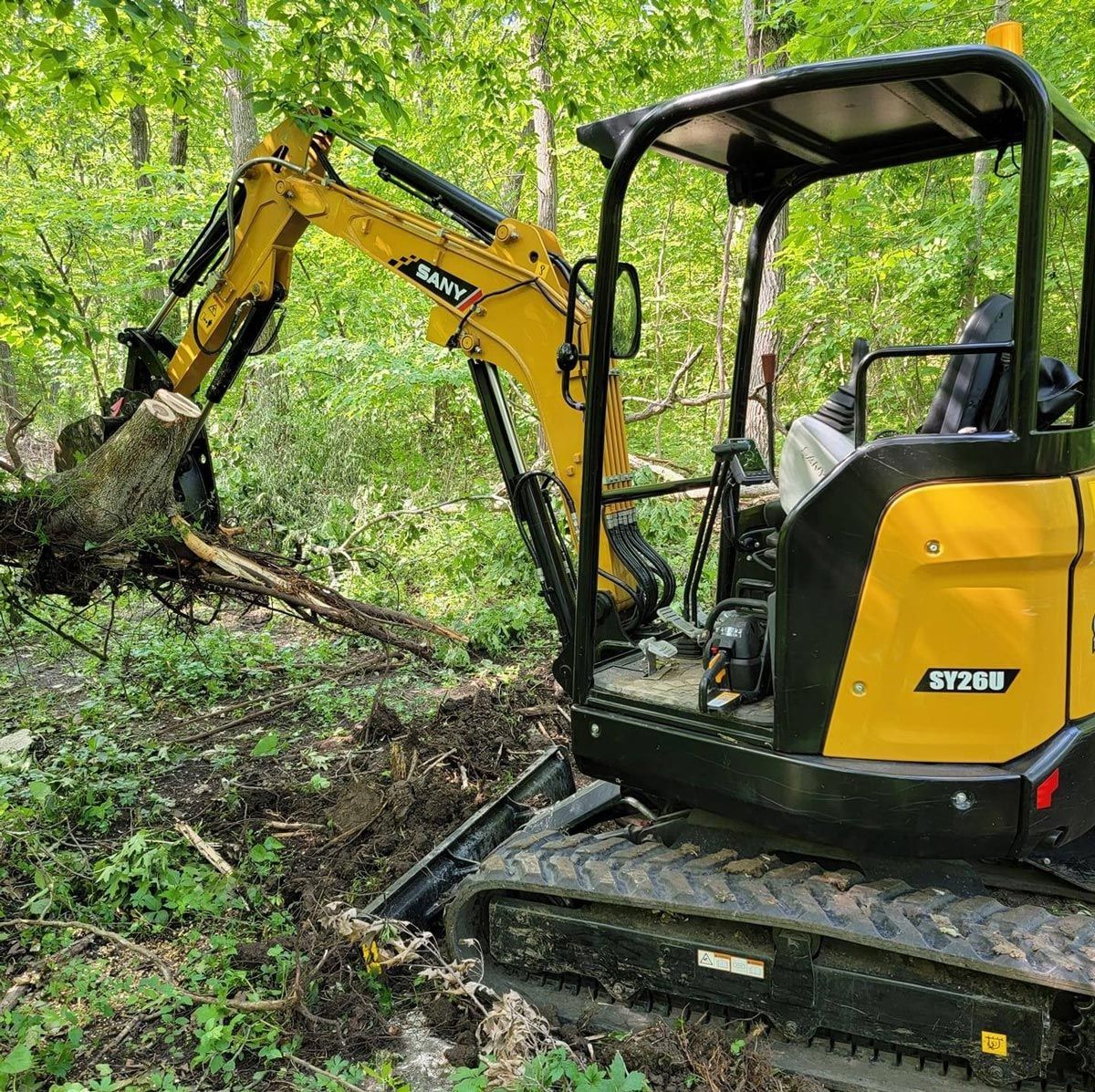Gravel vs Concrete Driveways: Which Suits Your Property Best?
When it comes to improving your home’s curb appeal, the driveway is often overlooked. But think about it, your driveway is one of the first things people see when they pull up to your property. More than just a place to park your car, it’s an investment that affects maintenance costs, durability, safety, and even resale value.
Two of the most popular options for homeowners are gravel driveways and concrete driveways. Both have their pros and cons, and the best choice depends on your budget, climate, and property type. In this guide, we’ll break down everything you need to know, costs, longevity, maintenance, aesthetics, and more, so you can make the best decision for your home.
Why Your Driveway Choice Matters
A driveway isn’t just about function, it’s part of your home’s overall look and long-term upkeep. According to the National Association of Realtors (NAR), curb appeal can add up to 7% to a home’s resale value. And because a driveway is a large, visible surface, it plays a big role in how potential buyers perceive your property.
Your choice also impacts:
- Long-term maintenance – Some materials require yearly upkeep, while others last decades with minimal attention.
- Durability – If you live in an area with heavy rain, snow, or fluctuating temperatures, certain materials hold up better than others.
- Environmental effects – Materials like gravel are more permeable, while concrete contributes to water runoff.
Gravel Driveways Explained
Gravel driveways have been around for centuries and remain especially popular in rural areas. They’re typically made from crushed stone, pea gravel, or limestone, and they’re installed by spreading and compacting multiple layers.
Why homeowners like gravel:
- Affordable upfront cost (around $1–$3 per square foot, according to HomeAdvisor).
- Quick installation, sometimes completed in a single day.
- Natural drainage, rainwater seeps through instead of pooling.
However, gravel isn’t perfect. It can shift over time, leading to ruts and potholes. Loose stones may also scatter into your yard or street, requiring regular upkeep.
Best suited for: large properties, rural driveways, or eco-conscious homeowners who want natural drainage.
Concrete Driveways Explained
Concrete is the go-to choice for many suburban and urban homes. Made from a mix of cement, sand, gravel, and water, it hardens into a solid, durable surface that can last for decades.
Why homeowners like concrete:
- Long lifespan: 25–40 years with proper maintenance.
- Clean, modern appearance that boosts curb appeal.
- Versatility: Can be stamped, colored, or textured to mimic stone or brick.
The main drawback? Cost. Concrete averages $4–$15 per square foot depending on design, according to Concrete Network. Installation also takes longer because the material needs time to cure.
Best suited for: suburban homes, families who want easy snow removal, or anyone seeking long-term durability.
Cost Comparison: Gravel vs Concrete
Cost is often the biggest deciding factor.
Gravel Driveway
- $1–$3 per sq. ft. installation cost.
- Annual maintenance required (regrading, topping with new gravel).
- Over 20 years, costs can add up significantly.
Concrete Driveway
- $4–$15 per sq. ft. installation cost.
- Minimal maintenance, sealing every few years, occasional crack repair.
- Higher upfront cost but lower long-term expenses.
Example: For a 600 sq. ft. driveway:
- Gravel: $600–$1,800 initial cost.
- Concrete: $2,400–$9,000 initial cost.
| Feature | Gravel Driveway | Concrete Driveway |
|---|---|---|
| Initial Cost | $600–$1,800 | $2,400–$9,000 |
| Lifespan | Indefinite w/ upkeep | 25–40 years |
| Maintenance | Frequent | Low |
| ROI | Moderate | High |
Durability & Lifespan
Durability is where concrete often wins.
- Gravel: Technically, gravel can last forever because it doesn’t break down, it just shifts. But without annual replenishment and grading, it quickly becomes uneven and unsightly.
- Concrete: With sealing and minor repairs, concrete lasts 25–40 years. According to the American Concrete Institute, proper sealing can double resistance to freeze-thaw damage.
So if you want a “set it and forget it” option, concrete is usually better. Gravel is durable too, but only if you don’t mind ongoing maintenance.
Maintenance Requirements
Gravel:
- Needs regrading every 1–2 years.
- Additional gravel must be added every 3–5 years.
- Weed control is necessary.
- Snow removal is tricky because plows can displace gravel.
Concrete:
- Resealing every 2–5 years.
- Repairing small cracks before they spread.
- Power washing to prevent staining.
- Easier to shovel snow or use a snow blower.
In short: Gravel = high maintenance, low upfront cost. Concrete = low maintenance, higher upfront cost.
Climate & Weather Considerations
Climate plays a huge role in driveway performance.
- Gravel: Excellent for cold and wet climates. It doesn’t crack during freeze-thaw cycles and handles heavy rain well. Downsides: dust in dry summers and mud in rainy seasons.
- Concrete: Performs best in moderate climates. In colder areas, freeze-thaw cycles can cause cracking unless the driveway is sealed. The U.S. Department of Transportation reports that de-icing salts can also accelerate concrete damage.
Rule of thumb:
- Cold/rural climates → gravel.
- Mild/suburban climates → concrete.
Environmental Impact
Gravel is more eco-friendly because it’s permeable, rainwater drains through it, reducing stormwater runoff and erosion. The EPA notes that permeable driveways help reduce local flooding and protect water quality.
Concrete, on the other hand, is non-permeable, reflecting heat and contributing to the urban heat island effect. However, it lasts longer, meaning fewer materials are needed over time.
Eco-friendly alternatives:
- Permeable concrete
- Gravel with binding agents
- Recycled concrete aggregate
Aesthetic Appeal & Customization
- Gravel: Rustic charm, perfect for countryside or farmhouse properties. Comes in different sizes and colors.
- Concrete: Modern, clean, and highly customizable. Options include stamped concrete (to mimic stone), stained concrete (various colors), and brushed finishes.
According to Remodeling Magazine’s Cost vs. Value Report, exterior improvements like driveways can significantly improve resale potential. Concrete often gives a stronger ROI in suburban markets.
Safety & Usability
- Gravel: Can shift underfoot, making it tricky for kids, elderly family members, or wheelchairs. Snow removal is also harder.
- Concrete: Smooth surface makes it safer for walking, biking, and accessibility. Snow removal is much easier.
If safety and accessibility are top priorities, concrete is the better option.
Resale Value & ROI
Homebuyers tend to prefer low-maintenance, clean-looking driveways, which often gives concrete the edge. A study by Zillow found that curb appeal projects often deliver a strong ROI, with well-maintained concrete driveways adding perceived value.
That said, gravel can add charm and authenticity to rural homes, making it a selling point for large properties.
Which One Should You Choose?
Here’s a quick checklist:
Choose gravel if:
- You’re on a tight budget.
- You live in a rural or cold climate.
- You like the rustic look.
- You don’t mind ongoing upkeep.
Choose concrete if:
- You want low maintenance.
- You live in a suburban neighborhood.
- You want to maximize resale value.
- You prefer a clean, customizable finish.
Conclusion
Both gravel and concrete driveways have their strengths. Gravel is affordable, eco-friendly, and great for rural areas. Concrete is sleek, durable, and better for boosting curb appeal in suburban markets.
The right choice depends on your budget, climate, and long-term goals. No matter which you pick, investing in your driveway is an investment in your home’s future.
FAQs
Is a gravel driveway cheaper than concrete?
Yes, gravel driveways are significantly cheaper upfront, costing about $1–$3 per square foot compared to concrete’s $4–$15. However, gravel requires ongoing maintenance, while concrete offers longer-term durability and lower upkeep.
How much does a 100 ft gravel driveway cost per?
A 100-foot gravel driveway typically costs between $1,200 and $3,600, depending on width, depth, and material type. Costs can increase with grading, edging, or drainage improvements needed for long-term performance.
What are the downsides of gravel driveways?
Gravel driveways require frequent maintenance, such as regrading, weed control, and topping up stones. They can be dusty in dry weather, muddy in rain, and more difficult for snow removal compared to concrete.
What is the best base for a driveway?
The best driveway base is a compacted foundation of crushed stone or gravel topped with finer material. This provides strength, stability, and proper drainage, preventing sinking, shifting, and long-term structural damage.
How long does a concrete driveway last?
A properly installed and sealed concrete driveway typically lasts 25–40 years. Regular sealing, timely crack repairs, and protection from de-icing salts can significantly extend its lifespan and maintain curb appeal.
How much does a concrete driveway cost?
Concrete driveways usually cost $4–$15 per square foot, depending on size, finish, and region. Decorative options like stamped or stained concrete raise costs but add value and customization.
Do concrete driveways need maintenance?
Yes, concrete driveways require sealing every 2–5 years, occasional crack repairs, and cleaning to prevent stains. While maintenance is minimal compared to gravel, it’s important for preventing damage and prolonging lifespan.
Read More
